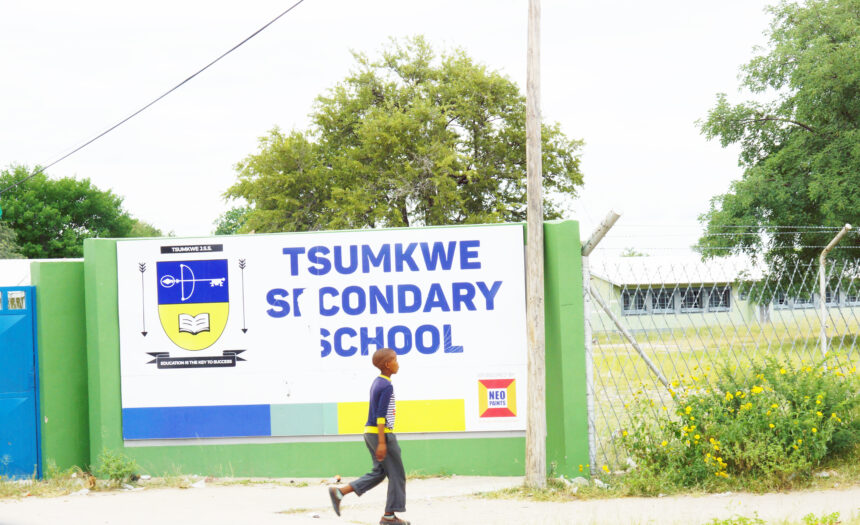Lahja Nashuuta
Members of Parliament have raised strong concerns over the current education budget, calling for deliberate and transformative strategies to address critical challenges such as overcrowded classrooms, teacher shortages, and lack of infrastructure – particularly in rural areas.
Namibia Economic Freedom Fighters (NEFF) MP, Kalimbo Iipumbu, accused the Ministry of Education, Arts and Culture of failing to allocate resources where they are most needed, despite receiving the largest share of the national budget.
“Does this budget truly speak to the needs of the people, or does it merely tick boxes in the name of political performance?” Iipumbu questioned. “Yes, the ministry of education has been allocated the highest share, but where are the transformative measures? Where is the new thinking? Where are the deliberate strategies to address overcrowded classrooms, the shortage of teachers, and the lack of infrastructure in rural schools?”
He went further, demanding the establishment of innovation hubs and free access to early childhood education. Iipumbu also argued that the Ministry of Agriculture is severely underfunded, despite its potential to boost food security, create youth employment, and support rural development.
“Namibia is rich in land and climate diversity. We could be exporting more and importing less food if only the right investments were made. Where are the programmes to train young Namibians in agro-processing, horticulture, and modern farming techniques? Where is the national plan to mechanise communal farming and transform it into a commercial powerhouse?” he asked.
Iipumbu emphasised that the budget fails to tackle the rising cost of living, citing skyrocketing prices of basic goods, unaffordable housing, and expensive public transport. He lamented the lack of significant increases in social grants and the absence of concrete policies on land reform and housing affordability.
“The NEFF is particularly concerned that developmental projects, which could absorb thousands of unemployed youth, are either underfunded or completely ignored. We expected large-scale, state-led industrial initiatives, regional infrastructure projects beyond Windhoek, and special economic zones in the north, east, and south. Instead, we are offered crumbs,” he said.
“Young people need jobs, not workshops. They need employment, not empty slogans. They need inclusion, not tokenism.”
Iipumbu also warned about the risks of corruption: “A beautiful budget can be destroyed by a corrupt hand. Without transparency, accountability, and independent oversight, this budget risks becoming a feeding trough for the politically connected.”
Echoing similar sentiments, Swapo MP Modestus Atshipara highlighted the urgent need to improve the country’s education system, particularly in the areas of technical and vocational training, and inclusive education for learners with special needs.
“It is troubling that some learners with special needs are admitted into mainstream schools not because it benefits their development, but because there are simply too few specialized schools to accommodate them all,” Atshipara said.
“I will dedicate my efforts to advocating a well-targeted education budget that prioritises the construction of specialised schools and comprehensive training of teachers in inclusive education. Education is not merely a privilege but a fundamental right enshrined in our Constitution.”
Popular Democratic Movement MP Inna Hengari also called for increased funding for youth empowerment and reiterated the urgent need to invest in vocational and special education and children with special needs.
“One area of particular concern is the enhancement of our education system, especially in the fields of technical or vocational subjects and special education. It is a troubling reality that some of our learners with special needs are admitted to mainstreaming schools, not because it serves their educational requirements, but rather because specialised schools are far too few to accommodate them.
I shall dedicate my efforts to advocating a well-targeted education budget that prioritises the construction of specialised schools and the comprehensive training of teachers in inclusive education.” she said.
-lnashuuta@gmail.com



